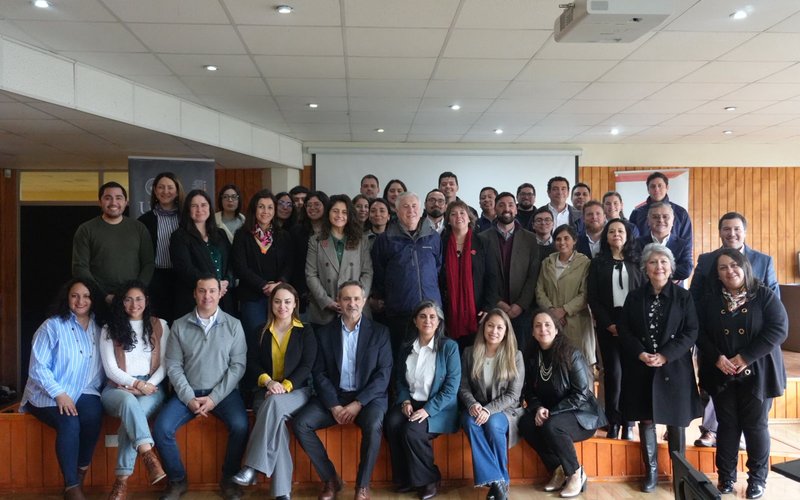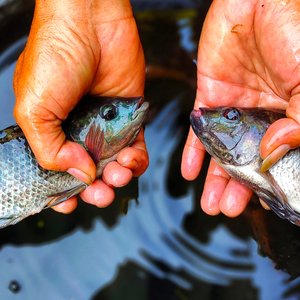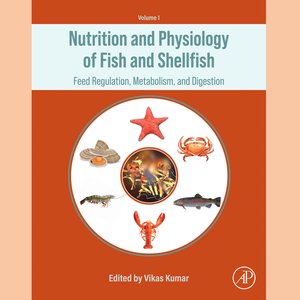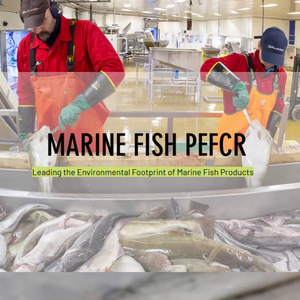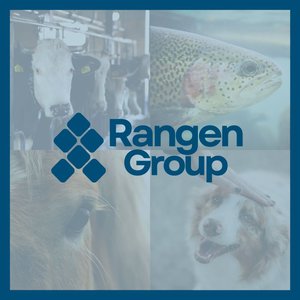The Chilean Salmon Council launched the 2024 Sustainable Impact dashboard, a report that, for the fifth consecutive year, reaffirms the association's commitment to disclose and make transparent the sustainable impact of the salmon industry through 134 indicators that reflect the economic, social, and environmental results obtained during the operations of the five associated companies: Aquachile, Australis, Cermaq, Mowi, and Salmones Aysén.
The dashboard was made public at an event held at the Universidad Santo Tomás in Puerto Montt, which was attended by Eugenio Larraín Hernández, rector of UST, along with members of the academic community, managers, and collaborators of the five companies that are part of the association.
The results of the 2024 Sustainable Impact dashboard were presented by Loreto Seguel, executive president of the Salmon Council, and Pablo Vidal, general manager of Sustenta+, who highlighted the importance of the report as an updated and dynamic repository of triple-impact cases in the salmon industry, with results aligned with the United Nations 2030 agenda and the Sustainable Development Goals (SDGs).
“The indicators are a concrete reminder to continue working to contribute to development through a focused, collaborative, and respectful work with people and the environment. It is a commitment to the country, but also to the world: salmon is the protein of the future, which implies a tremendous opportunity for Chile as the second-largest exporter in the world. With these monitoring efforts, corrective actions are generated, it is ratified that we are on the right track, and it is necessary to continue moving forward. We value the presence of the teams from the partner companies, because they are the ones who work every day to bring these indicators to life. The future challenges are to show these results to the citizens and the community, because this is an industry that generates great pride and has impressive improvements compared to its beginnings,” commented Loreto Seguel.
Pablo Vidal, general manager of Sustenta+, commented on the effective commitment of the association: “The impact in the economic field is significant, and there is little talk about it. These are funds that the salmon farming companies provide and that remain in the regional and national fiscal coffers, and thanks to those resources, progress and infrastructure can be advanced." The expert also added that "for five years we have accompanied the Salmon Council in the preparation of this report, and this year we are struck by the commitment to socialize the association's information in a much more participatory way. Thanks to this, interest groups and stakeholders will not only be able to visualize the data, but also compare it with previous periods and draw their own conclusions about the evolution of the different areas of corporate sustainability. This speaks of the conviction to want to advance in terms of transparency and to identify the challenges that must continue to be improved in the future."
The activity also included a conversation, moderated by Pablo Vidal of Sustenta+, which allowed for a deeper look into the advances, challenges, and the future outlook of sustainability in the salmon industry. The participants included: Francisco Sandoval, Communities Manager at Aquachile; Roxanna Peña, Sustainability Deputy Manager at Australis; Jaime Varas, Environment and Concessions Manager at Cermaq Chile; Álvaro Pérez, Sustainability and Public Affairs Manager at Mowi Chile; and David Garrido, Technical Manager at Salmones Aysén.
Main results of the sustainable impact dashboard
In the employment field, the 2024 Sustainable Impact dashboard highlights the creation of jobs in a challenging economic context, where the growth rate for the country set by the Central Bank is 2.1% and unemployment reaches 8.9% according to the INE. In this context, the creation of 31,000 direct and indirect jobs (through contractors and suppliers) was reported, generated by the companies of the Salmon Council in the last period. The quality of these jobs was also reinforced, since training hours grew by 18% compared to 2023 and the number of employees who completed their studies increased by 19%.
In the environmental field, the dashboard details the climate strategy and the level of emissions obtained during the development of salmon farming, along with energy efficiency and management, waste management, biodiversity, conservation and protection of ecosystems, and responsible health management. “Concrete efforts are registered in the transition towards low carbon. For example, today 43% of the energy matrix of the partner companies is renewable, so polluting emissions are on the decline,” commented Vidal.
From an economic point of view, the distributed economic value in the communities of the southern austral and the local productive chain for SMEs and entrepreneurs is highlighted. The partner companies reached $3.810 billion in regional contributions through taxes and commercial patents, a figure that is equivalent to $49.697 billion at the national level. Also, 55% of the total of 8,367 supplier companies are SMEs, which means significant support for the ecosystem.
Regarding well-being and safety as a constant concern, in 2024, the severity rate (days lost due to accidents) decreased by 2%. On the other hand, female leadership in the industry is maintained, with 35% of female collaborators in the total workforce and a 5% increase in women in leadership positions and a positive variation of 1% in the presence of women on the boards of directors of the partner companies.
Finally, in the social field, referring to the awareness of the local and territorial role, 80% of employees work and reside in the same region, having a concrete impact on the workforce of the southern austral. More than 71,000 people have benefited from social initiatives implemented in the communities, and community visits to salmon farming facilities increased by 67%.
“The figures show positive effects on local employment, female presence, community participation, the renewal of the energy matrix, and the value that the sector provides for entrepreneurship. We believe that an industry as strategic as salmon farming is built with facts and data, and that is why we will continue working to promote an industry that has an impact on environmental, social, and economic matters, reaffirming our commitment to sustainability, innovation, and the development of Chile,” concluded Seguel.
The 2024 Sustainable Impact dashboard will be available on September 1.


